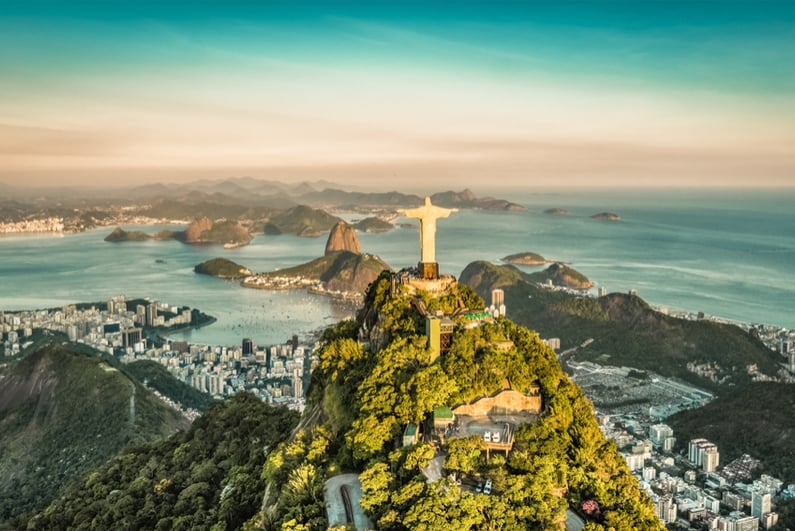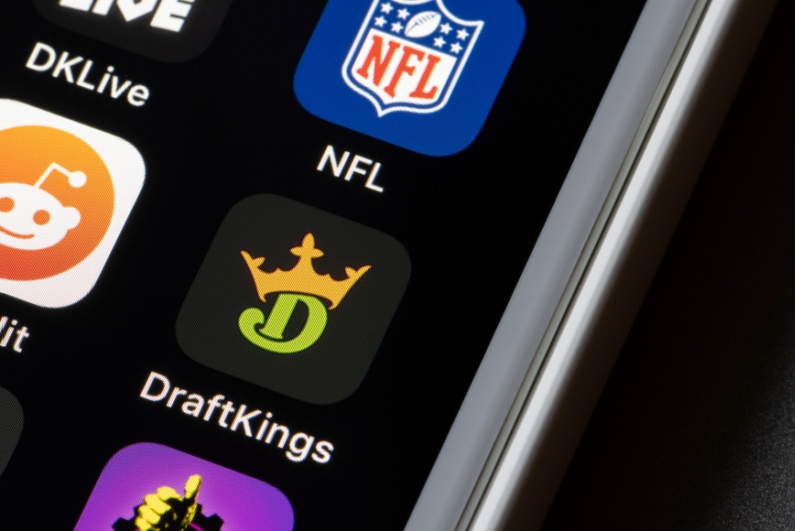After 15 cautious years, the Brazilian government hoped its foray into instant lottery scratchcards, Lotex, would enable them to legalize gambling in the country and earn some serious revenue.
But, although the government allowed an extension for interested operators, the deadline of Monday came and went without a single interest expressed.
Currently, all gambling in Brazil is run at the government level, resulting in approximately $13bn (£9.9bn) in revenue. From this, just over $6bn (£4.6bn) is spent on social schemes, as mandated by law, and a lot of it goes into education and sports.
The government was hoping Lotex would lead to increased competition, modernization, and growth of the lottery market in the country. The participation of lotteries in the Brazilian economy hovers around 0.21% of GDP. However, according to the World Lottery Association, the market for lotteries worldwide is about $260bn (£198.6bn) a year.
What is Lotex?
There are currently three types of lotteries in Brazil, all run at the federal level:
-
- Lottery draw (Mega-Seine, Lotofácil, Lotomania, Dual-Seine, Cinchona, and Timemania)
- Numbers (the national lottery)
- Sports tips (Loteca and Lotogol)
Lotex was Brazil’s answer to the Lotto scratchcard. This business was supposed to raise the Ministry of Finance BRL542m ($144m; £110m), which would help pay for the National Public Security Fund.
It wasn’t completely unfruitful. Companies such as IGT, Intralot, and Scientific Games had previously expressed an interest but, for whatever reason, ultimately decided not to place any bids.
Why were no bids offered?
An announcement of the bidders was due to be made on July 3, but the government had to admit that they had received no bids at all.
Right now it’s pure speculation as to why not one operator decided to launch in Brazil. With the terms of the agreement not due to be decided until September, it could simply have been too precarious for the operators to buy in right now.
What happens now?
Well, we’re still waiting on a response from the government, but this will severely affect their projected budget.
Brazil had planned to run Lotex similar to the way in which the UK National Lottery is run, with a 65% payout to consumers, while the state would receive a 16.7% share of Lotex revenue for social causes, in addition to a 2.6% tax on the concessionaire’s profits.
With all bids to modernize the gambling industry in Brazil blocks over recent years, this could be yet more ammunition to stop the progress of such operators in this location.
It looks as if citizens of Brazil won’t be able to buy a scratchcard anytime soon.



